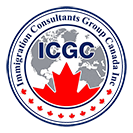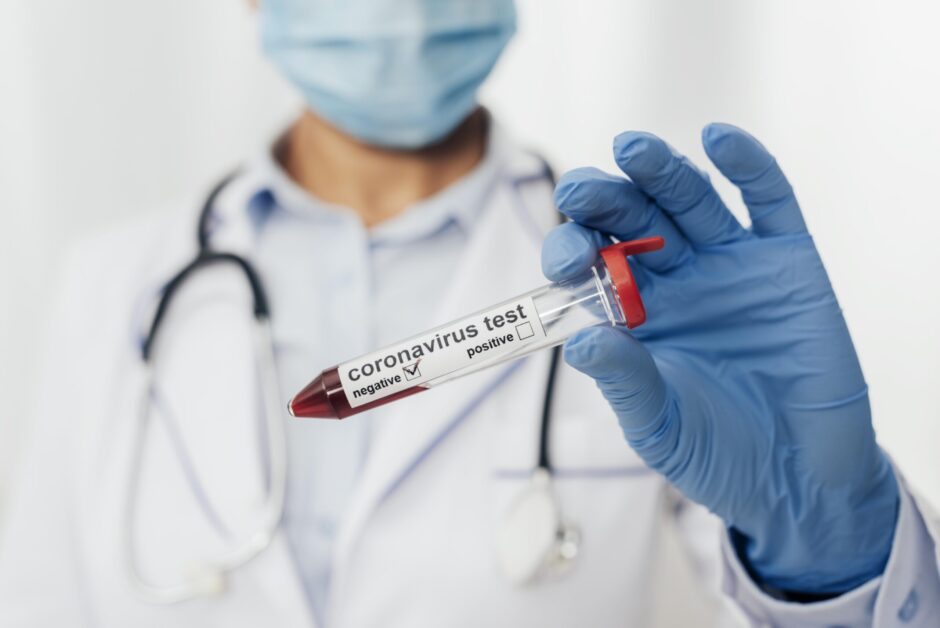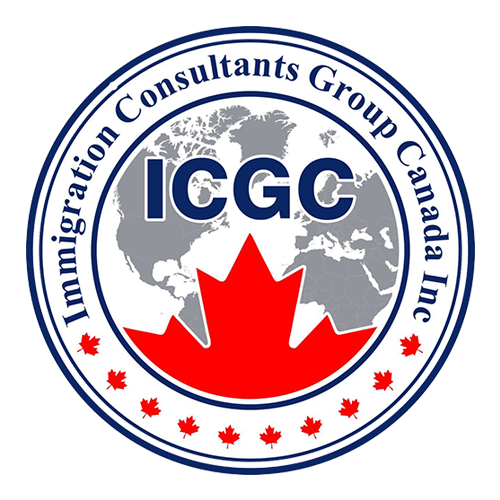Canada to ease COVID-19 test requirements for travellers
Fully vaccinated travellers will be able to enter Canada with a pre-arrival antigen test, unvaccinated children travellers will no longer have to isolate for 14 days, and international flights to all Canadian airports will resume starting February 28.
Also, if fully vaccinated travellers are selected for a random on-arrival test, they will no longer have to quarantine while waiting on results.
The pre-arrival antigen test must be approved by the country travellers are coming from, and taken no more than 24 hours before arriving at the border, or their scheduled flight. Taking a rapid antigen test at home is not sufficient to meet the pre-entry requirement. The test it must be administered by a laboratory, healthcare entity or telehealth service. Travellers can still use a PCR test within 72 hours before arrival. There were no changes to the previous guidelines on molecular tests.
Travellers will still need to upload documents via the ArriveCAN app before crossing the border.
Unvaccinated travellers will still need to be tested on arrival and quarantine for 14 days. They will also need to do a test on day eight of their quarantine.
Health Minister Jean-Yves Duclos made the announcement on February 15 in Ottawa, the nation’s capital. He was joined by the ministers of transport, public safety, tourism, and intergovernmental affairs.
Travel Minister Omar Alghabra announced that international flights to all Canadian airports will resume at the end of the month. The notice to airmen that restricts international flights will expire at 4 p.m. Eastern Time, according to a media release.
Canada will adjust its travel advisory from a level 3 to a level 2. This means the government will no longer recommend that Canadians avoid travel for non-essential purposes. However, the minister still urged Canadians to understand the risks associated with international travel during the pandemic.
Duclos said these measures are transitory, and may be adjusted as the COVID-19 situation changes. He suggested that if hospitalization rates decline in the near future, further easing of restrictions may follow.
Reduction of border measures anticipated
The health minister had signalled last week that changes were forthcoming, as Canada’s chief public health officer, Dr. Theresa Tam, said the country is seeking more sustainable plans to manage COVID-19.
Travellers to Canada currently must be fully vaccinated, with few exceptions. Unvaccinated travellers must quarantine. Vaccinated travellers need a pre-arrival COVID-19 PCR test taken at least 72 hours before crossing the border, and may be subject to a random on-arrival test.
Duclos said last week the worst of the Omicron wave is now behind Canada, and the government will continue to adjust measures accordingly.
Tam confirmed Canada’s travel advisory against international travel is being assessed.
Meanwhile, provincial governments are rolling back COVID-19 measures, and doing away with vaccine passport requirements. Manitoba plans to lift COVID-19 restrictions by mid-March. Ontario moved up its timeline to lax public health measures. Quebec, Alberta, and Saskatchewan have also announced plans to roll back restrictions.
In recent weeks, Canada has also been facing pressure from health experts and the tourism industry to lift the COVID-19 test requirement.
Last month, the World Health Organization (WHO) recommended countries lift international travel bans as “they do not provide added value” and contribute to economic and social stress. The spread of the Omicron variant has demonstrated that border measures are ineffective against the highly contagious variant. However, WHO also said travel measures like masking, testing, quarantine and vaccination should be based on risk assessment, and avoid placing the financial burden on international travellers.
WHO also said countries should not require proof of vaccination against COVID-19 as the only condition permitting international travel, given the limited global access and inequitable distribution of COVID-19 vaccines.
Source: www.cicnews.com


